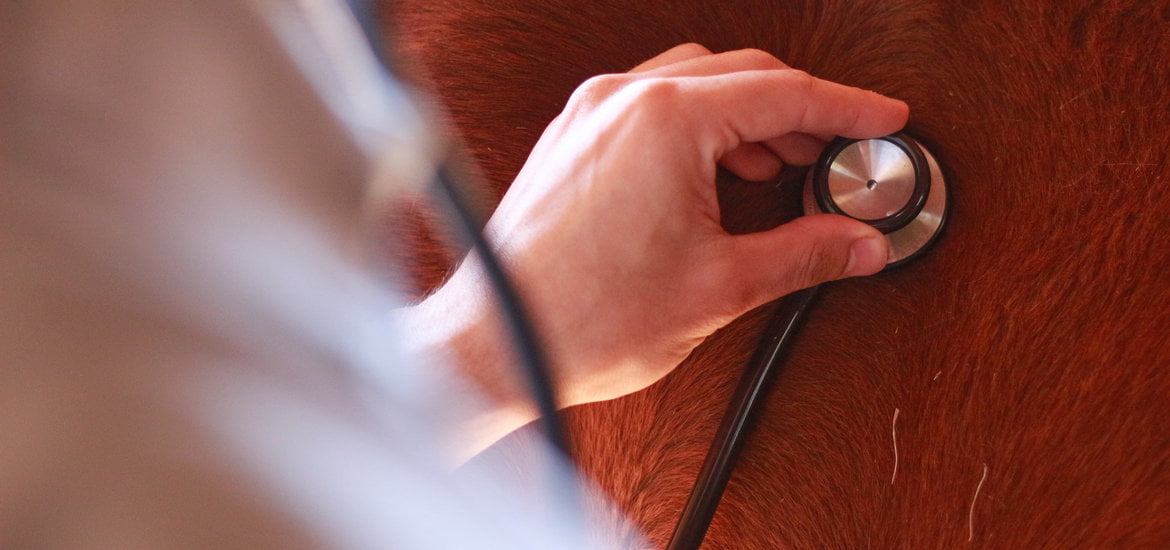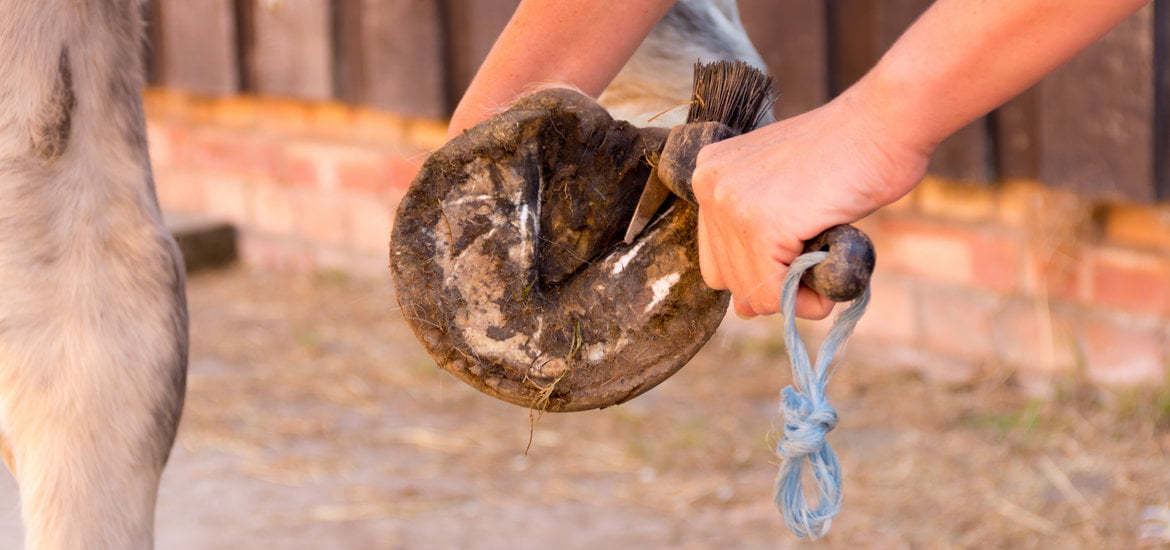Mar 13, 2021, 7:14 PM

Similar to camels, horses too require a very specific combination of vitamins and nutrients to stay healthy. Feeding them premium horse feed from brands such as Royal Horse Feed helps keep the animal in prime condition and enhances their performance and discipline across all equestrian activities. The Royal Horse line of super premium horse feed has been designed by expert nutritionists and veterinarians and manufactured as per the best industry practices. With Royal Horse, you are guaranteed to receive high-grade products that adequately address your horses’ nutritional requirements.
As equestrian professionals in UAE, you are bound to know your horse better than others; therefore, you will easily distinguish a natural behavior from an abnormal one. You can also track specific metrics to keep tabs on their health. Understanding these basic values will help you establish the baseline information and diagnose possible health issues at an early stage. You can then share these details with your vet, who will assess the severity of the said condition. Let us now dive in to understand the various signs you should look out for to detect your horse’s health.
Behavior
Equines that are in good health are both bright and alert and are ideally curious about other horses, including you and their surroundings. They'll roll now and then, particularly after being turned out, but always shake off the dust. A horse that turns over and over and looks to the side may be suffering from colic. If you notice such a sign, we recommend calling a vet immediately.
Eye Color and Nose
The eyes of your horse should be bright, wide open, and free of cloudiness or discoloration. You should consult your veterinarian if you notice an irregular discharge or a dull glazed appearance. The nostrils should be free of excess mucus and should be clean. A trickle of clear liquid from the nostrils of a horse, on the other hand, is common.
Weight
You should keep an eye on your horses' body condition and avoid allowing them to become too fat or too lean, as both pose health risks. To assess your horse's body condition, use the Henneke Body Condition nine-level scoring system. A score of 4-5 on the body condition scale is optimal.
Hair Coat
A healthy coat with a lustrous sheen signifies meeting the horse's nutritional needs and grooming regularly. A dull coat may suggest malnutrition, parasites, or poor health in general.
Appetite
A horse's reduced appetite or inability to feed is the primary cause of infectious diseases such as influenza or the West Nile virus. It is important to feed them the best feed in Dubai to stay strong, so we recommend looking for quality horse feed suppliers such as Eurovets. Since teeth issues can keep a horse from eating in certain situations, we suggest testing the horse's rectal temperature to distinguish between the two. Adult horses should have a body temperature of 99-101.5 degrees Fahrenheit when resting. Anything above suggests the existence of an active infection. The normal temperature for a foal, however, ranges between 99.5-102.1 degrees Fahrenheit.
Manure & Urine
If a horse is in good condition, it will defecate eight to twelve times per day. Urine should be wheat-colored and clear to slightly cloudy in appearance.
Horse’s Feet
The horse should be standing squarely on all four paws, with its weight equally distributed. The horse may slightly raise a hind leg in order to take the weight off, but not the foreleg. Bumps, swelling, bruises, or hair loss on your horse's legs should be absent. In the horse's feet, there should be no sun.

Vital Signs
It's important to understand your horse's vital signs because they can indicate a concern early on. Heart and respiration rates may be slightly elevated if the horse is excited or if it is a hot/humid day.
Water Consumption
Depending on exercise level and environmental conditions, the average horse consumes between five and ten gallons of water a day.
